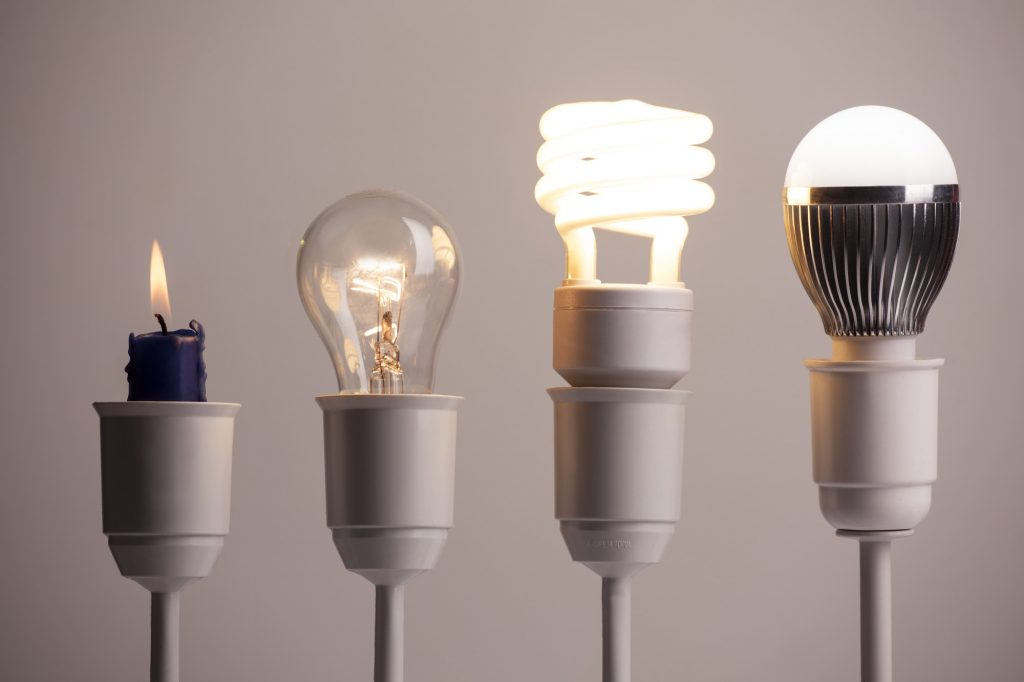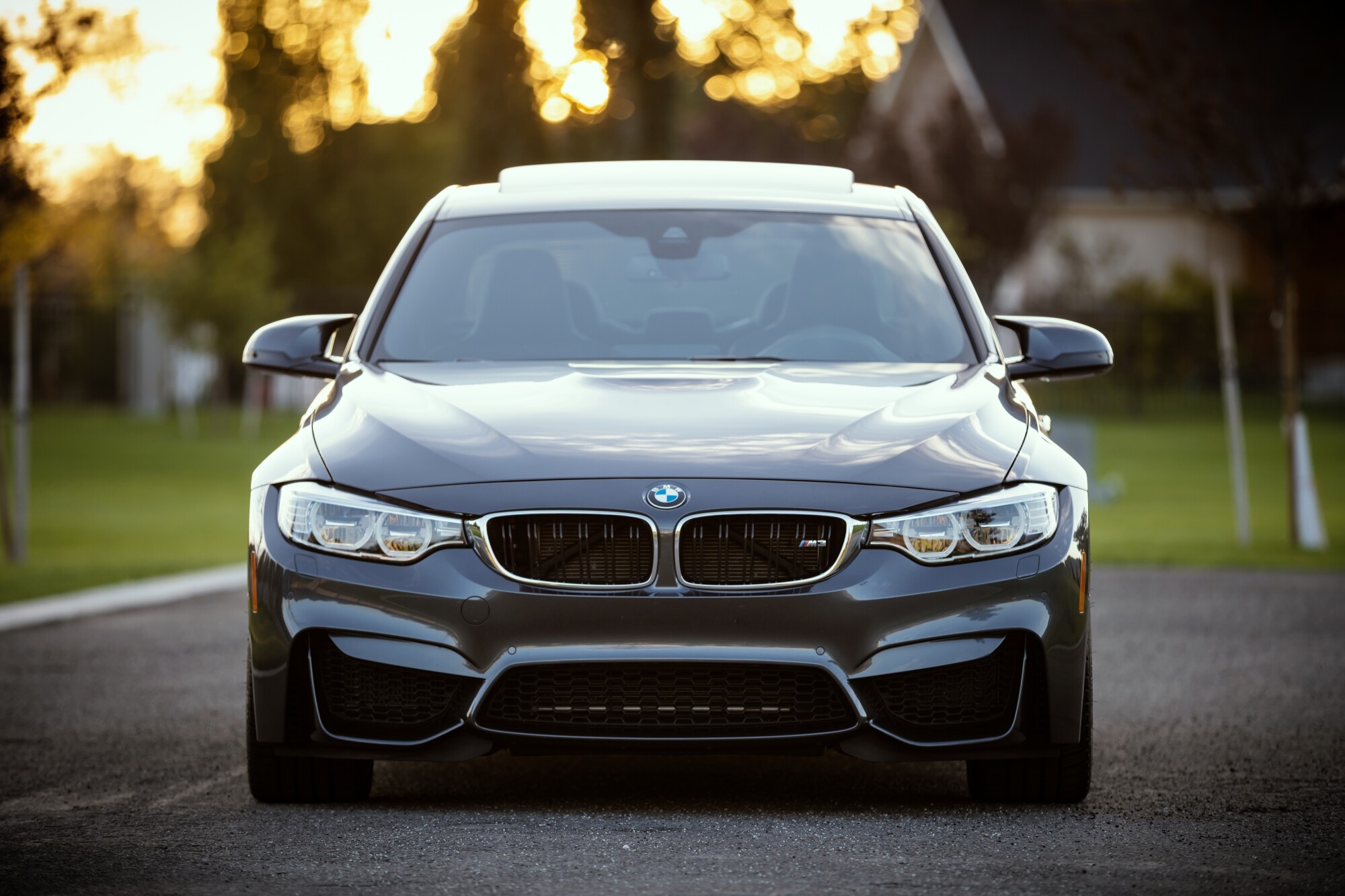
For decades, halogen lights were standard for both home and car lighting. In recent years, many new options have hit the market.
But which of these new options is the best choice?
If you’re wondering if you should choose HID or LED, read on. We’ll cover the main differences between LED vs HID headlights.
HID Headlights
HID stands for high-intensity discharge lightning. This type of light has a capsule of gas instead of a filament in the bulb.
Without getting too technical, the light comes from the discharge of two electrodes.
HID lights are a common alternative to halogen bulbs. Like halogen bulbs, HID lights use gas to create light. But HID lights typically use xenon gas, not halogen.
LED Headlights
LED (light-emitting diodes) headlight use diodes that emit light when they get connected to a circuit. These headlights pass an electric current through a semiconductor to create light.
LED vs HID – Pros and Cons of Each
LED and HID lights are both common for car headlights. But which is the right choice for you?
Here are the pros and cons of led vs hid headlights.
LED Pros
LED lights provide bright, clear lights. They are also growing in popularity.
By 2030, 75% of all lights will be LED. Headlights are sure to follow the same trend.
LED headlights are made from a solid state, they have no moving parts or fragile filaments. That means LED vs HID headlights are more durable than other headlights.
And LED lights are built to last. One LED headlight could last you 25,000 hours. That means that you may be able to use a set of LED headlights for decades before you need to replace them.
If you are looking for headlights that won’t cost you time and money due to replacement needs, LEDs are a good bet.
Also, LED headlight kits are easy to install in your car. It’s one of many things car repairs you can do yourself.
LED headlights are also very energy efficient. They don’t emit much heat. So they have a higher efficiency rating.
LED Cons
The main disadvantage of LED headlights is that they are more expensive than standard halogen bulbs.
You’ll have to pay more upfront for your LED lights. But their longevity and energy efficiency make them a good investment in the long run.
Plus, LED bulbs need more cooling to operate compared to halogen and HID headlights. LED headlights don’t heat up. But they can trigger heat in along wiring and other parts.
So it’s a bit of a misnomer to say that LEDs are a heat-free headlight option.
HID Pros
HID lights are more energy efficient than halogens. But not as efficient as LEDs.
You can choose an HID light quality that suits you; there are plenty of options.
In fact, HID headlights provide the best illumination of all light types, when all things are considered. These offer the broadest range of coverage and are also the brightest of all lights on the market.
HID headlights vs LED or halogens are brighter. So if you want the brightest lights possible, HID is your best choice.
If you are on a tight budget, HID headlights are easier on your wallet than LEDs. Plus, unlike LEDs, HID headlights don’t have heating or cooling issues.
HID Cons
HIDs are prone to issues because of how fragile they are. They don’t have a solid state. You’ll need to replace these much more frequently than LED lights as well as some halogen bulbs.
As time goes on, a fresh HID headlight begins to burn at lower and lower temperatures. They decrease the light quality they emit over time until they burn out. Generally, HID headlights last 5000 hours compared to the 25,000 hours of LED headlights.
If you choose HID, you may find yourself replacing them a handful of time over a few years.
HID headlights take a bit longer to install than LED. Plus, they emit more heat than LED ones. That means that HID headlights have average energy efficiency.
Another con about HID headlights is that the light output can take up to 20 seconds to reach full brightness. Though it’s not really a huge deal, you will notice that in the first few seconds of driving you only have 5% of headlight brightness.
When to Choose HID Headlights
If you are looking for a better option for your car’s headlights than halogens, but don’t want to spend too much money, HIDs are a good choice.
Often, people start with halogens, then upgrade to HID before finally switching for good to LEDs. However, if you are driving at night a lot, especially on poorly lit roads, HID may be the best bet for you.
When to Choose LED Headlights
LED vs HID headlights are better in almost every sense. You’ll get long-lasting life, little hassle, excellent efficiency, and durability.
There’s really no reason to hesitate to switch from factory fitted halogen bulbs to LED headlights. Except for the increase in cost.
Yet, LED headlights to pay for themselves over the years. You’ll have less fuss and won’t need to replace them often at all.
Though it does come with an initial higher price tag, they are worth each penny in the long-term.
Final Thoughts on HID Headlights vs LED Headlights
We hope this article has helped you decide between LED vs HID headlights for your car.
As you can see, the main factors to think about are cost, longevity, and brightness. LED comes out on top for the first two factors. Yet HID outperforms LEDs in terms of brightness.
Once you know what factors are most important, you’ll be able to easily decide between HID vs LED headlights.
Next, check out this post about the best car apps available.




